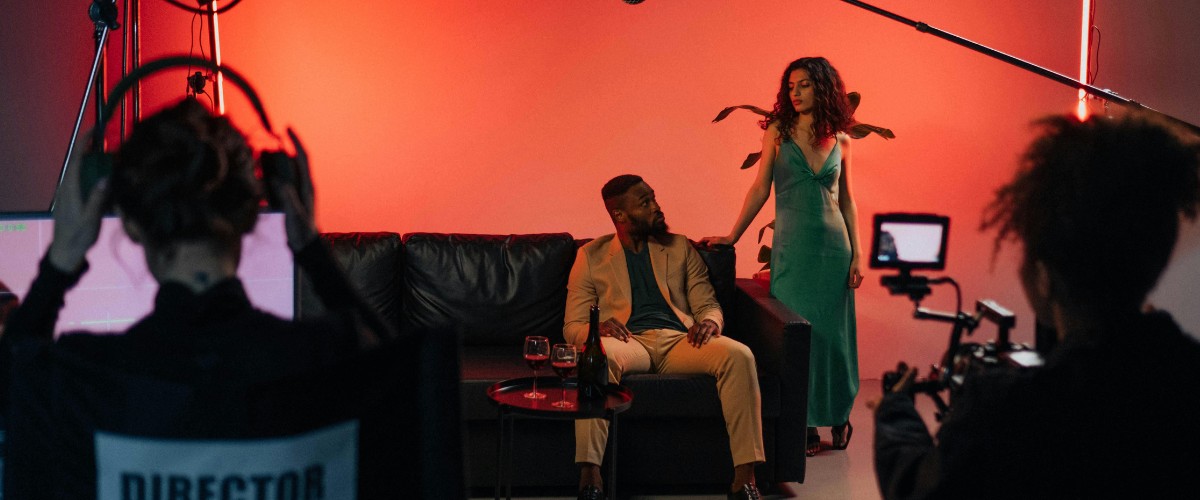There’s a moment—barely a breath—between action and reaction, when the lights dim, the camera rolls, and the actor blinks into the skin of someone else.
What happens in that space is more than memorized lines or choreographed gestures. It’s magic. But it’s also memory, muscle, and sometimes—raw vulnerability in bringing fictional roles to life.
The Emotional Alchemy of Acting
Acting is often misunderstood as “pretending.” But the best performances don’t come from pretending. They come from feeling. To make an audience believe, actors often draw from their deepest personal wells. Childhood heartbreaks, long-buried grief, secret triumphs—these aren’t left in the dressing room. They walk onto the set, woven into every whisper and tear.
When Viola Davis cries on screen, she’s not following a note in the margin. She’s remembering loss—even in fictional roles. When Adam Driver explodes in silent rage, it’s not fiction—it’s something he once felt and tucked away, waiting.
Actors are emotional alchemists. They take something real and transmute it into something new—something that moves us, even if we don’t know why.
Memory As a Tool, Not a Trap
Not every actor uses the same method. Some rely on “sense memory”—recalling a specific moment that mirrors their character’s experience. Others work outside-in, starting with posture, voice, or wardrobe to unlock emotion. But regardless of the approach, the goal is the same: authenticity.
And that authenticity comes with a price. Channelling real pain night after night for fictional roles can blur lines between self and story. Some actors lose sleep, some find therapy essential, and others set strict emotional boundaries.
Because when your job is to cry on command, the tears must come from somewhere.
Fiction that Feels Like Truth
Great performances remind us of ourselves. They hold up a mirror we didn’t know we needed. Why did that scene break your heart? Why did you feel seen when that character smiled? It’s because the actor reached into something honest and offered it up without flinching.
The best acting isn’t about the spotlight. It’s about being brave enough to bleed a little—for art, for truth, for the chance to make someone else feel less alone through fictional roles.
The Humanity Behind the Curtain
Actors aren’t just vessels for stories. They’re human beings—complex, messy, layered—just like the characters they portray. And in that messy in-between, something beautiful happens.
They show us how to be brave.
How to be broken.
How to begin again.
All without ever breaking character.
Tags:
Entertainment IndustrySocial Media InfluencersAuthor - Ishani Mohanty
She is a certified research scholar with a Master's Degree in English Literature and Foreign Languages, specialized in American Literature; well trained with strong research skills, having a perfect grip on writing Anaphoras on social media. She is a strong, self dependent, and highly ambitious individual. She is eager to apply her skills and creativity for an engaging content.



